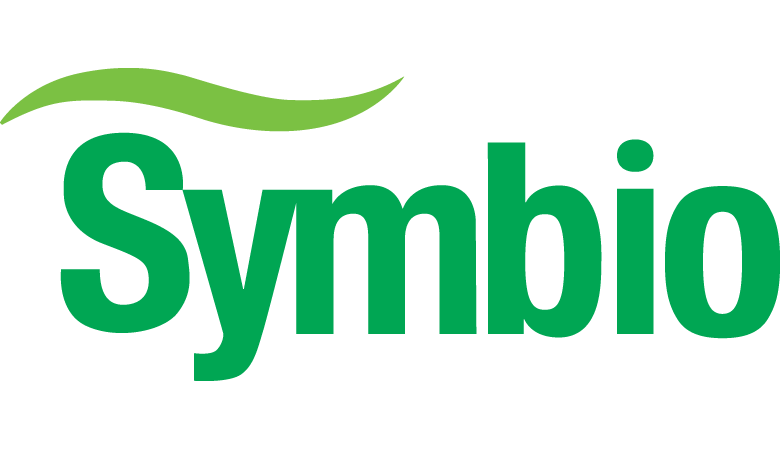Dr Deidre Charleston - WORD OF THE MONTH: Unprecedented
WORD OF THE MONTH: Unprecedented (adjective) - Never having happened or existed in the past
I think I have heard this word every day for the past 8 weeks, and indeed, we have all been living in unprecedented times. Now life is slowly returning to a new kind of normal and we start to look ahead. Despite the dark times, it was the sunniest April on record in the UK according to the MET office; and, one of the driest. Thus, it seems appropriate to consider how we manage our sports turf as golf, football and bowls look set to slowly return as a part of people’s daily lives. During the lock-down period many clubs have had to close, and maintenance has been minimal. However, life underground will have continued unaware of the turmoil above, and the reduction in chemical applications and mechanical maintenance will have benefitted the soil dwelling population. This is not the time to rush in and disrupt the beneficial processes that are occurring beneath our feet. However, greens and pitches may not be at the desired speed and standard that customers demand, and low rainfall and warm weather will place turf under increased stress.
Given the restrictions that the sport has faced, increasing playing time and prolonging the season will be key to financial recovery. As members return to playing their favourite sport they will not welcome any disruption to play. Many clubs will have missed the spring renovation program, and now have the challenge to create the perfect surface without disrupting play, meaning that hollow coring may not be an option. Thatch and disease may have built up. However, good microbial activity beneath the surface will mitigate most of these problems. Consider introducing soil biology to help reduce thatch (Thatch Eater; Green Circle). When thatch is broken down it creates humus, increasing cation exchange capacity, and releasing soil nutrients, making them available to plants. Specific beneficial bacteria and fungi break down the thatch and help to create humus, allowing air and water to better penetrate the root zone. As fungal populations begin to dominate the soil food web, fine grasses will start to thrive and playing surfaces will become firmer and faster. Non-disruptive aeration practices, such as micro-tining or sorrel rollers will continue to be important in maintaining a healthy microbe population. In a healthy soil food web, beneficial soil microorganisms can often outcompete pathogens, however when necessary, if disease appears and in high risk periods, provide a boost to the population by introducing specific beneficial soil microorganisms to restore balance (BioTabs; Compost tea).
Rainfall continues to dominate our lives, in winter there is often too much, and in summer too little! Soil microorganisms depend on a combination of three things: air, food and water. When rainfall is low and rootzones dry up, conditions become challenging for soil microorganisms. Soils with high humus content will retain moisture for longer, wetting agents and pentrants can also help to keep moisture levels high (Incision; Hydoraid plus). Biostimulants can be added to the rootzone to ensure that the soil population has a good food source (Seaweed; Humic Booster). Some biostimulants are also able to break down the waxy coating that prevents water from entering the plant root, acting as both biostimulant and wetting agent, enabling water penetration to the root zone (Supa Yucca).
This is also a good time to think about algal control in ponds and lakes. As daylight lengthens, algal photosynthesis increases, and although the wind may still feel a bit nippy, sunlight soon warms up the water surface. This creates the ideal conditions for algal blooms. Bacteria can help to control the growth of blanket weed and unicellular algae. The bacteria use the nitrates and phosphates that would usually feed the algae as their own food source. Rapid bacterial population growth means they soon outcompete the algae and starve them reducing algal growth (Bluewater). Another simple technique to reduce algal growth in water bodies is to use a colourant that filters out the light wavelengths that promote photosynthesis (Aquablue; Lake Shadow).
So, as we slowly return to a new normality above the ground, and soil microorganisms continue working and growing beneath our feet, take a moment to consider how soil biology could work for you. By taking advantage of the soil food web to manage the recovery of your turf and improve playing surfaces, you could prolong the playing season with minimal disruption to members and customers and boost financial recovery. If you would like to discuss how Symbio can help you to bring life back to your soil, then contact us to find out more about our products and cost saving programs.
Dr Deidre Charleston
deidre.charleston@originamenity.com
01428 685762
BACK TO ARTICLESGet in touch
Please get in touch if you would like more information about Symbio’s products and services, or if you would like to discuss working together on your next project.
